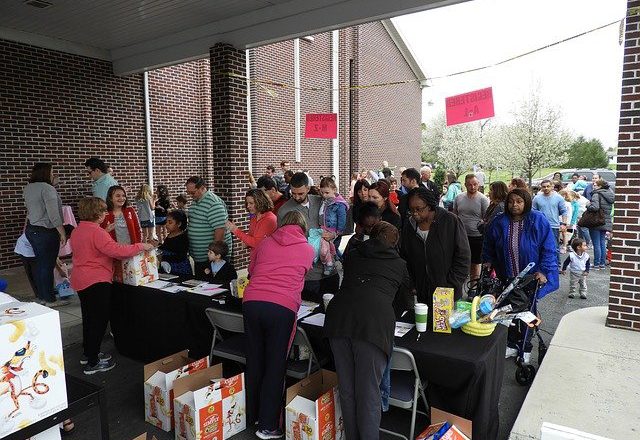It’s Not The Whole Story But Safety Net Policies Are Helping Reduce The Number Of Americans Below The Poverty Line
On The Record
Elena Delavega, University of Memphis
CC BY-ND
The share of Americans living in poverty shrank to an estimated 9.2% in 2020, according to the Urban Institute, a think tank that closely tracks this rate with a widely used model. There were 29.3 million Americans living below the poverty line, the institute’s researchers found. Another 10.3 million appear to have been kept out of poverty through government efforts to cushion the blows from massive economic upheaval triggered by the COVID-19 pandemic.
This new estimate contradicts many prior predictions and is significantly lower than the 10.5% of the U.S. population the U.S. Census Bureau said was in poverty in 2019, the most recent official data available. If confirmed when the government agency releases official 2020 numbe...




